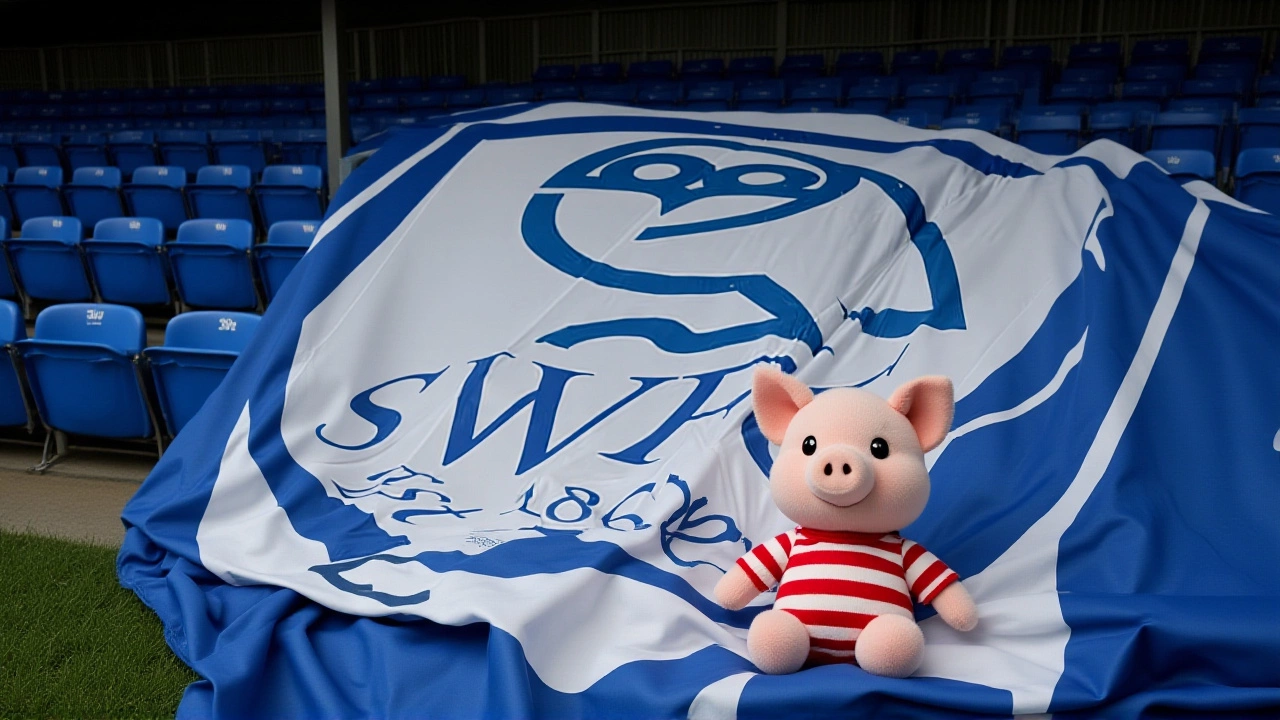Dejphon Chansiri – Who He Is and Why He Matters
When talking about Dejphon Chansiri, a Thai‑born entrepreneur who bought Sheffield United in 2013 and turned it into a Premier League contender. Also known as the "Sheffield United owner", he leverages international investment to reshape club strategy, infrastructure, and player recruitment.
His ownership directly ties to Sheffield United, a historic English club with a loyal fan base and a stadium that has hosted both league and cup action. The club’s rise under his guidance illustrates how Premier League, the top tier of English football that demands financial muscle, tactical innovation, and strong governance can be accessed by owners who blend local heritage with global capital. In practice, this means bigger transfer budgets, upgraded training facilities, and a brand that reaches beyond the UK.
How Football Ownership Shapes Club Success
Beyond the headline of "owner" and "club", the concept of football ownership, the legal and financial control of a football organization, covering everything from day‑to‑day operations to long‑term strategic direction matters a lot. Ownership requires three core ingredients: capital injection, strategic vision, and community engagement. Dejphon Chansiri’s approach hits each point – he poured cash into stadium upgrades, hired data‑driven scouts, and kept the club’s identity alive by supporting fan initiatives.
Capital injection is the most obvious piece. By allocating funds for player signings, the club could compete for talent that previously seemed out of reach. Strategic vision appears in the way he backs a clear playing style, emphasizes youth development, and partners with overseas academies to scout future stars. Community engagement shows up when he attends local events, funds charitable projects, and keeps ticket prices affordable for long‑time supporters.
These three pillars interact in a simple chain: investment fuels ambition, ambition guides recruitment, recruitment strengthens performance, and performance fuels fan loyalty. The result is a virtuous cycle that helps a club climb from the Championship to the Premier League and stay competitive.
Because Dejphon Chansiri’s story sits at the crossroads of business, sport, and community, the posts below touch on a range of related themes. You’ll find analysis of VAR decisions that affect Premier League matches, insights into how player debuts can swing a season, and even discussions about rugby’s popularity that echo the broader sports‑culture landscape. All of these pieces share a common thread: they illustrate how decisions—whether made on the pitch, in the boardroom, or in the media—have ripple effects across clubs and fans alike.
Ready to see how these ideas play out in real‑world examples? Below you’ll find a curated mix of match reports, opinion pieces, and sport‑culture essays that together paint a fuller picture of the modern football ecosystem surrounding Dejphon Chansiri and his club.
Dejphon Chansiri’s £37.5m takeover of Sheffield Wednesday sparks Premier League dreams
Dejphon Chansiri bought Sheffield Wednesday for £37.5 million in 2015, promised Premier League promotion, but financial missteps led to a points deduction and relegation.
full article